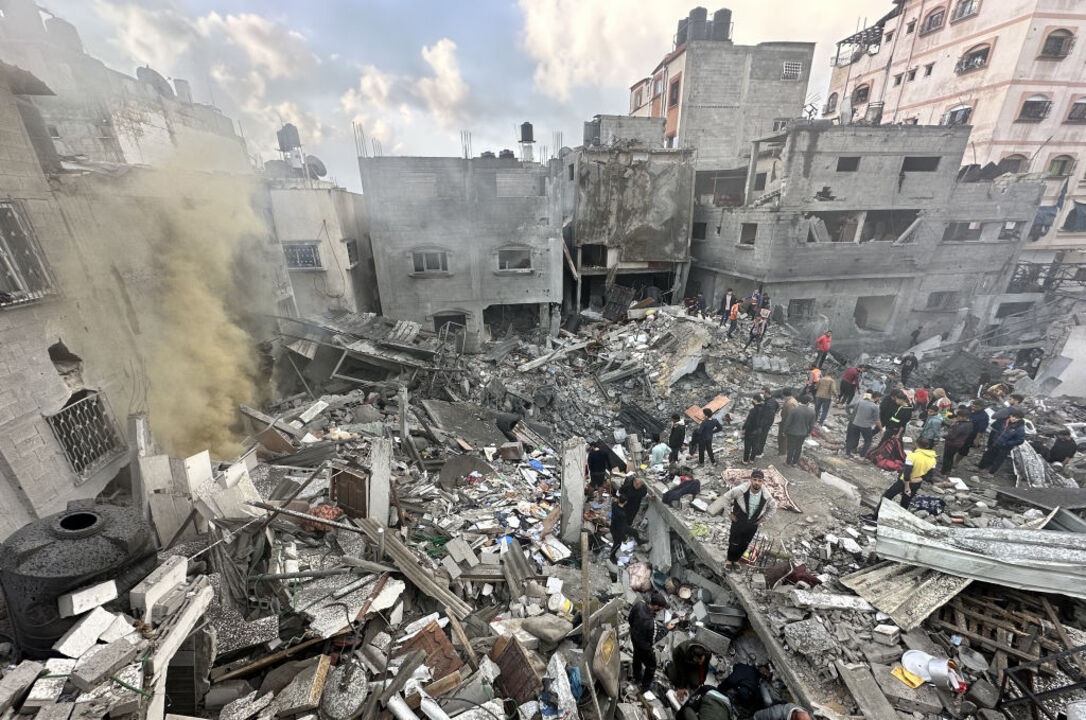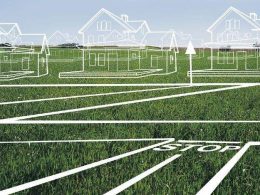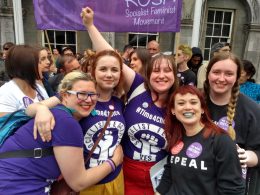Socialist Party members spoke with Zak and Amani, two Palestinians living in Ireland and active in the Dublin 15 Stands with Palestine campaign, that Socialist Party members are active in. The campaign organising a GoFundMe to help Palestinians. It has passed its target of €5,000 and will be running until the end of the donate. Please donate and share the link https://www.gofundme.com/f/Walk4Gaza
https://www.gofundme.com/f/Walk4Gaza
Tell me about your experience in Gaza.
Zak: The experience was the worst that any can imagine. Ever. I don’t wish for anyone to go through what I have seen. You are living in fear 24 hours, constantly under threat. Hearing the sound of fighter jets and drones constantly, as well as bombs and missiles attacking houses. It shakes the house and beds; it’s like an earthquake. Mentally it is very exhaustive.
I survived physically but mentally, I am destroyed, as are so many of my friends and family. Feeling like you are going to die, worried for my boys. My nieces were staying with me. Daily struggle to find the basic supplies like water to wash and to drink. To look for some bread and some food. A child that was two-three months old who needs milk and for babies. Knocks your nervous system. My niece’s daughter, who is 10 years old, would have regular panic attacks and we couldn’t help her.
Can you tell me about the friends and family you have left in Gaza? Can you keep in touch with them?
Zak: They have the internet but it’s not strong. It doesn’t work all the time. I call my sisters, my nephews, my nieces. They all say the same thing; we are exhausted, we are tired. They can’t bear it anymore. It’s taking so long. We don’t have the energy anymore.
I’m worried about them all the time- no one knows who the next target is. Everyone feels they can die any minute. I am always expecting to hear something bad. Everyone has lost a lot of people. My older sister died in Gaza earlier this year. She was diabetic and didn’t have enough of the right food and died as a result. I have lost 32 people in my direct family, 80 or more of my indirect family.
So many of my neighbours are still under the rubble.
The night we had to leave our house, they attacked my neighbours with missiles, and their houses collapsed. We don’t have the machinery to remove the rubble to find them. That was in November. Some of the missiles are eviscerating the bodies completely, so we can’t find or identify them. I sometimes feel like we are dreaming, I can’t believe that this is reality.
What is life like for them on a daily basis?
Zak: There is no work; they are all dependent on aid agencies like UNRWA. Every aspect of life has stopped in Gaza. Schools, work.
People have very desperate, basic needs. It makes me feel more sad as I can feel how desperate they are. It makes me feel so heavy.
When I send them money they are relieved – they are very much in need of it to buy food, to travel to safety and to find the transport needed to take their belongings. Scarcity of foods and products – everything is double and tripled in price. When I was in Gaza I was helping to distribute water, I witnessed kids jumping and screaming to fill their gallons. It is dehumanising and plays on my mind constantly.
Zak: What will the funds we are raising mean to the families in Gaza?
It will help alleviate their immediate suffering but more than that, your solidarity is healing our humanity. I feel that they have put us in a corner and they are butchering us and the world is watching – it is very hard to comprehend – it kills us more- it makes me think that we don’t belong to humanity.
With the protests and acts of solidarity – it helps counter that other feeling I have that we are alone. The spirit of kindness in Ireland is something that I am grateful for. It reminds us that occupation does not last, and Palestine will be liberated. We liberated ourselves from the British empire, and we will liberate ourselves from Isreal, just like Ireland and other countries have liberated themselves.
Tell me about the lives of people in Gaza that you support?
Amani: I am very close to Arif, my cousin and I speak to him regularly. They are so tired.
In all our life he (my cousin) has never asked me for $1, he is a proud hard working man from the north of Gaza. Since the genocide began, he is now looking after 82 people in his wider family. Everything in his home town is destroyed and they have now moved more than eight times. Every time they move, they need to build a bathroom in the new location.
In the beginning they took a car when they were displaced to help transport people and supplies but now there is no fuel. As a result, everyone had to walk from the North to the South, which is a 70-80 km walk in extreme heat. When they stop to take rests in between, the quadcopter is targeting people and shooting them. The quadcopters are very noisy and they can enter your window and look for you.
They are now in Rafah, where at least there are slightly more resources and access to food supplies. However, when the bombardment of Rafah began, they decided to make the difficult decision to scatter some of the children, otherwise, our family name would disappear. They had witnessed the IDF targeting the children by name.
My aunty, his mother, is an academic. She went to Deir Al Ballah and is now living on a small farm. Arif gave some of his children to his aunty to mind them.
Every day in Rafha is a new hell. So many people passed away- they have no heads – they are burned with no arms – no legs. They are bombing the tents – which catch on fire. They are plastic tents. Arif tells me that there is no more than 5 meters between him and death. When the bombs land, he sees bodies jumping in the sky – even the most scary film couldn’t capture
The bombs they are using emit horrible chemicals- these bombs are not allowed for use under international law as they are dangerous for the lungs of the babies. Arif tells me he is glad he left the babies behind in Deir al Ballah.
Can you tell me about the costs of daily life in Gaza today?
Amani: My cousin has rented a house in Rafah. It has one room and one bathroom for the 62 people he now cares for, and that costs 1,200 Jordanian dinars per month (€1,500)
Most people live in plastic tents- which will cost approximately 1,000 eur each to buy.
Food and supplies are so scarce that the prices have soared. The only way to get food is from Jordan in Egypt and in Rafah there is Egyptian trade. They can buy fruit and vegetables only- no meat or chicken. Arif’s family has had one chicken for the first time in seven months from the aid agencies.
The costs of some key items are:
- 5-8 US dollars for five tomatoes
- 1 Egg plant is 5 USD- – because the farm was destroyed by the airstrikes.
- Flour to buy to make bread- 120 US dollars for one 20kg bag – Arif then divides it up and will give every family 3kg each and they will make bread – they put it on the stone on the wood. Even the wood is rare for them to cook on – using what they find from broken buildings.
- Shampoo – 1 container normal size – 12 USD. However, this is impossible to find. My family have called me asking how to make it themselves because they are getting skin diseases for lack of hygiene. I told them a recipe to make soap – leftover oil and ash
Other goods are impossible to find too. Arif heard about a woman who had recently given birth who was living in a plastic tent. She was using a cloth for the child’s nappy and desperately wanted pampers for the child. Arif managed to secure one bag with 20 pieces for her, this cost 20$
The situation in the North is even worse, they are all starving there.
My brother-in-law is still in the North – he lost his house that he spent all his life building and refused to leave- they will kill me one way or another, I want to be in my home.
There is no food getting in at all – he has lost 20kg in weight, eating only canned food. He just spends all day searching through the rubble and rubbish of his destroyed house. They cut all the supplies and the only way they are surviving is by the few men who will drive a truck to help deliver supplies to the starving. But it is very dangerous. The man will say ‘Shahada’ before he sets off in his truck knowing that he might die on the way.












